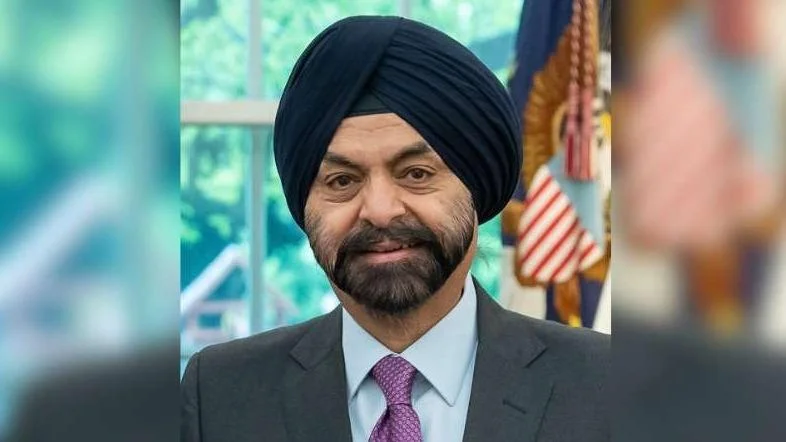The World Bank has been working to improve electricity access in Yemen and Djibouti, two countries that lag behind much of the Middle East and North Africa region in terms of energy infrastructure. In Yemen, nearly 800,000 people have benefited from new or improved electricity services through projects like the Yemen Emergency Electricity Access Project (YEEAP), which focused on solar energy solutions for rural and peri-urban areas. The project provided solar systems to households and critical facilities, impacting around 3.2 million individuals.
In Djibouti, the Sustainable Electrification Project (SEP) has connected over 14,005 households to electricity, benefiting approximately 98,035 people. The installation of 2,900 public streetlights has also enhanced safety for nearly 121,800 residents.
Aicha from Balbala in Djibouti expressed how the SEP transformed her life: "It's made such a difference for us," she said. Similarly, Muhammad Abda Ubaid from Yemen noted improvements brought by YEEAP: "Today, water reaches our homes."
Challenges remain as only 65% of Djibouti's population had electricity access in 2022 while Yemen faced prolonged blackouts due to fuel shortages despite having grid connections. The World Bank is addressing these issues by promoting renewable energy transitions and strengthening local markets.
In Yemen's Zameh subdistrict, YEEAP installed solar-powered water pumping systems which significantly reduced the need for long journeys to fetch water. "This is a blessing!" Muhammad stated about the change.
The World Bank continues its efforts with projects like YEEAP Phase II and further initiatives in Djibouti aimed at achieving universal energy access by 2035. These endeavors are supported by innovative financing mechanisms and partnerships with organizations such as UNOPS.

